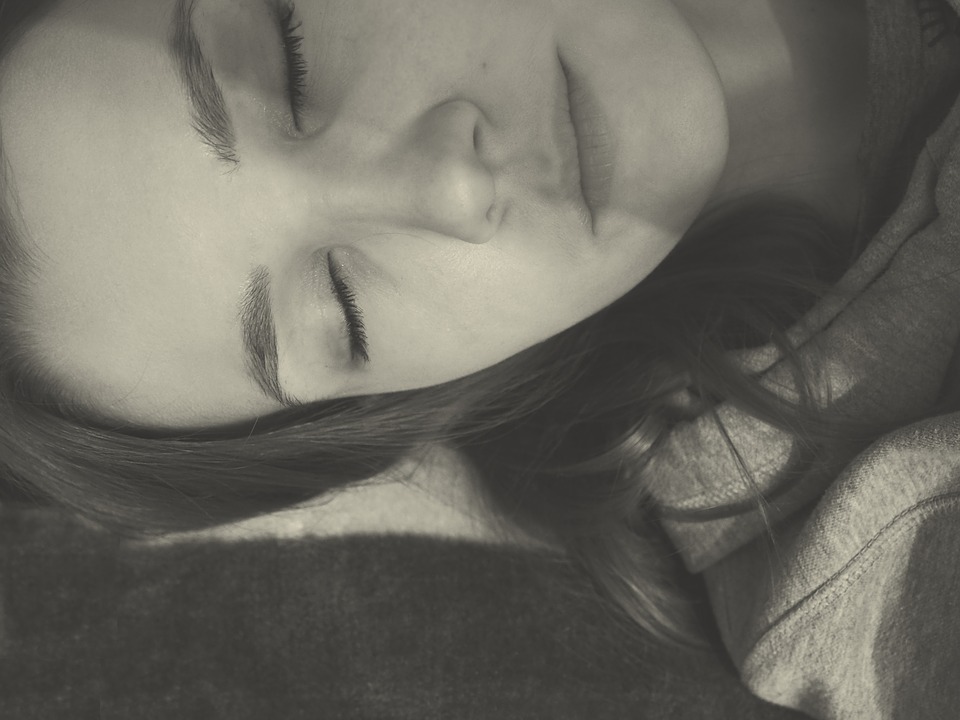Are there concrete benefits to sleeping on the floor than on a mattress? On an average, we sleep about 7-8 hours every day. And after a long day of being on our feet, with backs straight and necks up, our spines need some respite. Come evening, and we find ourselves craving the softness of our mattresses on which to lay down our weary backs. All the posturepedics an tempurpedics out there might not be as beneficial to the spine as the hard floor, some say.
We do a deep dive into the four most touted benefits of sleeping on the floor.
1. Sleeping on a hard surface helps with realignment of the spine: We depend on our spine for everyday activities more than we think we do. Reaching for a cup of coffee? Spine. How about offering a handshake? Spine? Someone calling out to you from behind? Twist your spine. The roar of the airplane overhead? Look up – spine. Who is that in the distance? Could it be someone you know? Crane your neck – spine. Laugh at a joke someone made during a water cooler conversation? Head bops in agreement – spine. We use the spine more than we think. And experts say that lying flat on the floor might actually be good for us in that it helps the spine realign to perform optimally the next morning. This natural spine adjustment– from all the vertebrae to the muscles, nerves, and soft tissue – all get the support they need to readjust to another day of twisting, contorting, and torqueing.
2. Better respiration and blood circulation owing to corrective ergonomics: After a long yoga workout, you will have done the corpse pose or the shavasana. And if you do not have your yoga mat, you will have lain in position on the floor. Examine your breathing patterns the next time. Owing to the posture of being one with the ground, your lungs expand better, allowing for more oxygen to enter the body. This has the added benefit of improved blood circulation, thanks to all the extra oxygen your lungs have taken in. Think of sleeping on the floor as the ergonomics for sleep – just like we need a good chair at work, we need good ergonomics for the back while resting as well.
3. Improved sleep and sleeping patterns: The postural correction, and the subsequent improvement in breathing, has one of the best advantages that we all need: better sleep. As the body relaxes into a supine position, with none of the elevation from a mattress or a pillow, it eases into a natural state of physicality. And we all know deep breathing helps alleviate sleep issues like insomnia and sleep apnoea. Over a period of time, the spine goes back into its natural curve, erasing years of bad posture, sedentary lifestyles, and stress on the joints. On a psychological level, this may also benefit those that are lacking in confidence and self-esteem. All the benefits put together – including better posture, better sleep, and better breathing – may also help those that are prone to anxiety or panic attacks.
4. Greater awareness during wakeful hours and better tolerance of joint pain: Joint conditions like arthritis, tendonitis, or spondylosis are common nowadays. Sleeping on the floor has helped some patients respond better to chronic pain and joint ailments. This is what Jeff Scheuer has to say about the benefits of sleeping on the floor on Quora: “Finding the proper sleep surface is a very subjective experience. With that being said, if a surface is too hard you risk pressure point development and potential decreased blood circulation. If you are a stomach sleeper, a harder surface is usually more appropriate than a softer surface. As far as pillows, maintaining proper cervical alignment is key. Generally – thicker for a side sleeper, medium for a back sleeper and thinner for a stomach sleeper.”
That said, do your homework before deciding on sleeping on the floor tonight. In traditional cultures, adults sleep on mats, the floor, or a hard cot, as opposed to soft mattresses in western cultures. But that doesn’t mean that you will have to take for granted that the floor is the best surface to sleep on. It might not be the best idea if you already have back and spine issues like lumbago, scoliosis, and chronic back pain. If you are looking for solutions to already existing spine issues, it’s best to consult a specialist. You could also start out with a firm mattress instead of a soft one to see how your body responds to the change.

